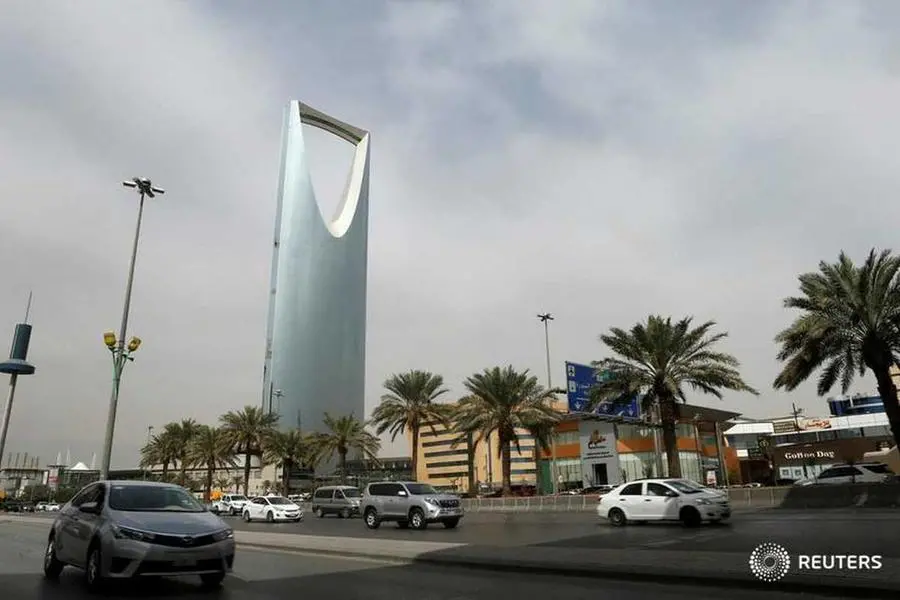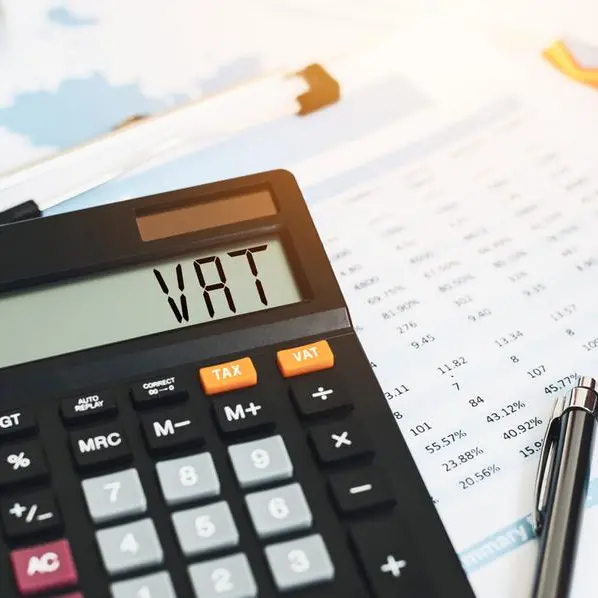PHOTO
RIYADH - Saudi Arabia will implement its January 2024 deadline requiring international firms that wish to secure government contracts in the kingdom to locate their regional headquarters to Riyadh, the finance minister said on Wednesday.
The world's top oil exporter announced in February 2021 plans to cease contracting with companies whose regional headquarters are not located in the kingdom by Jan. 1, 2024, to help create local jobs for ambitious economic diversification plans and as regional competition grows.
"The deadline is not new, and yes it will be implemented," Mohammed Al Jadaan told Reuters when asked whether the January deadline remained on track.
Foreign firms have for years used neighbouring United Arab Emirates as a springboard for their regional operations, including for Saudi Arabia.
Some companies have raised concerns over the regulatory framework, including taxation, and there is speculation the government could extend the deadline to accommodate investor doubts.
Jadaan said a tax framework had been agreed, without elaborating.
In the same interview on the sidelines of the Future Investment Initiative, the kingdom's annual flagship investment conference, Jadaan also commented on an invitation to join the BRICS group of major emerging economies - Brazil, Russia, India, China and South Africa.
"Saudi Arabia will announce as and when it decides to accept the invitation, so we will wait and see whenever that happens, if it happens," Jadaan said.
He added that he did not take discussions on joining the BRICS bloc in any political way, and that it was more economic. Several Middle Eastern nations were recently invited to join against a backdrop of growing U.S.-China tensions.
Saudi Arabia's economy is expected to slow sharply in 2023 on lower oil production and prices after last year's bumper year, which helped the kingdom swing to its first fiscal surplus in almost a decade.
It now projects a deficit until at least 2026 according to its latest preliminary budget statement released in September, as it boosts spending significantly, but remains cautious on revenue estimates.
"I think a deficit on its own is not a problem at all. It will be a good thing if you're using the extra expenditure to grow your economy," Jadaan said, adding the kingdom would use any window to issue debt opportunistically, but that financing needs were covered for now.
"If we go, we will use it to manage our liabilities. The good thing is the market is open; we are able to access it."
The kingdom has poured hundreds of billions of dollars into Vision 2030, a vast strategy to wean its economy off hydrocarbons, spearheaded by the Public Investment Fund, Saudi Arabia's $700 billion sovereign wealth fund.
While the government has given cash injections to the PIF in the past, Jadaan said cash transfers were "very limited" and were disbursed from surplus.
He said there were no imminent plans for any cash transfer to the PIF.
(Additional reporting by Pesha Magid; Editing by Angus MacSwan and Josie Kao)





















